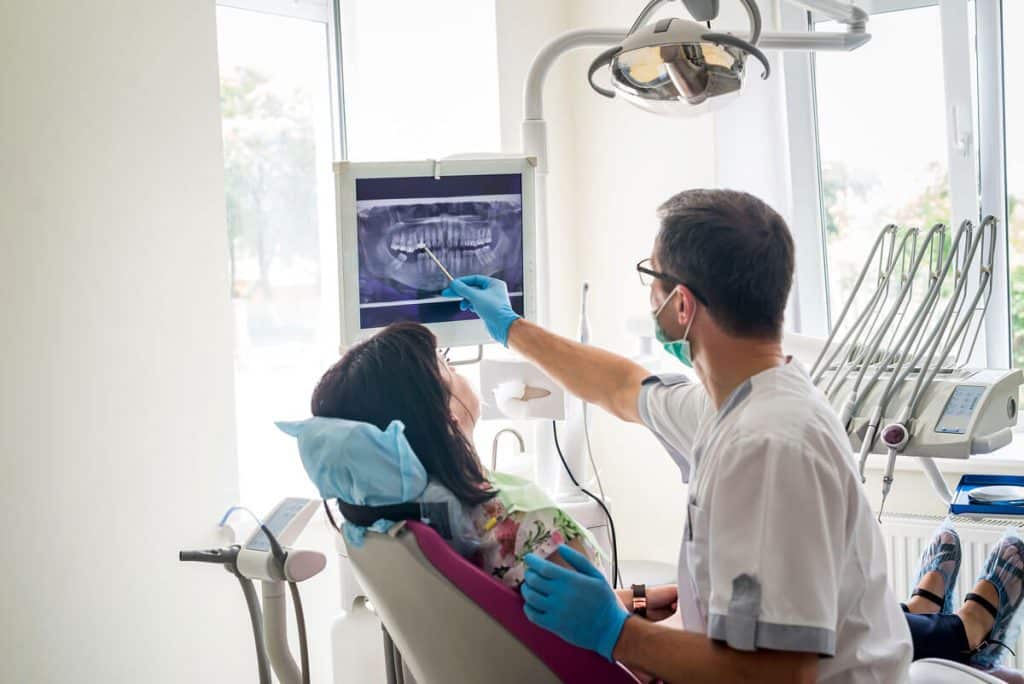Most Common Types of Traumatic Dental Injuries

Traumatic dental injuries are a common reason for patients to receive referrals to our practice. Often the result of an accident or sports injury, dental trauma doesn’t have to mean losing your tooth when you’re able to receive prompt endodontic care. Endodontists have the advanced training, expertise, and technology to save injured teeth in the following circumstances:
Fractured Teeth
A tooth with a minor chip and no pain is likely a matter of aesthetics that can be repaired by your general dentist. When a tooth has a more significant chip, fracture, or crack, it can cause the pulp at the center of the tooth to become inflamed and possibly infected. In these situations, endodontic care is needed.
A crown fracture that damages or exposes the pulp can cause painful sensitivity and difficulties biting and chewing. Once the pulp is compromised, your options are to have the tooth extracted or to get root canal treatment. Root canal treatment is recommended, as an extracted tooth must be replaced, which can be costly, time-consuming, and presents its own set of risks.
If a fracture extends from the crown to the root or if your tooth is split, it may require extraction.
Luxated Teeth
A traumatic dental injury can result in a luxated, or dislodged, tooth. A luxated tooth can be pushed sideways, down out of its socket, or up further into the socket. When this occurs, an endodontist will place the tooth back into its proper position and stabilize it with a splint. Root canal treatment is typically started several days after the injury.
There is some new research indicating that children under the age of 12 may not need a root canal in such circumstances, even when an adult tooth is involved. The stem cells present in the tooth pulp in children can be stimulated to complete root growth and promote healing. Should we decide to delay root canal treatment for your child, close follow-up will be needed to ensure that the tooth is healing properly.
Avulsed Teeth
The medical term for a tooth that has been knocked out is an avulsed tooth. This means that the tooth has been completely knocked out of the socket. While it’s natural to panic in such a situation, there is a chance that your tooth can be saved if you act quickly and get prompt treatment, preferably within 30 minutes.
It’s important to know how to handle an avulsed tooth. Never touch the root; instead, hold the tooth by the crown. Gently rinse off any debris if the tooth fell out of your mouth and, if you can, place the tooth back into the socket. If you’re not able to do this, put the tooth in a small cup of dairy milk or saliva.
Call our office as soon as you’re able so we can begin preparing for your visit. When you arrive, your endodontist will evaluate your tooth, ensure that adjacent teeth were not injured, and put the tooth back into the socket. A splint will be used to stabilize the tooth and you will return within a week or two for a root canal.
Schedule an Appointment with NSBENDO
If you need endodontic care following a traumatic dental injury, contact us today to schedule an appointment at one of our six North Shore and Boston-area locations.
Recent Posts
About
Welcome to North Shore & Brookline Endodontics! Service is at the core of everything we do. Our Greater Boston dental team work together to provide a warm, comfortable and relaxing environment.
